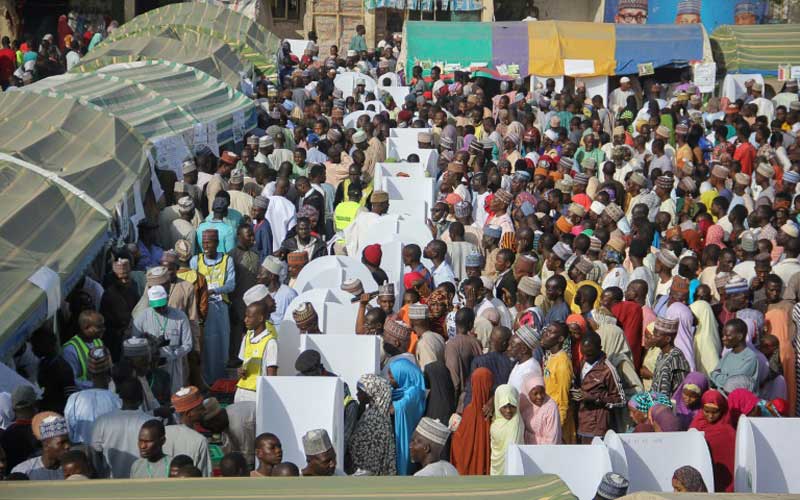
The Boko Haram threat forced a six-week postponement of Nigeria’s General Election in 2015. Scheduled for February 14, they were held on March 28. Last week, due to logistical challenges, Nigeria’s Independent National Electoral Commission (INEC) once again postponed elections for one week. The elections went on smoothly on Saturday. It is important that Nigeria gets it right.
Nigeria matters because it is Africa’s most populous country and its GDP ( $390 billion) makes it Africa’s largest economy. After the announcement, there was much displeasure from the public who perhaps read mischief in the postponement. And not without a reason. Elections in Africa are never without these drawbacks, especially because over time, incumbents have been known to undermine electoral processes to ensure they retain power.